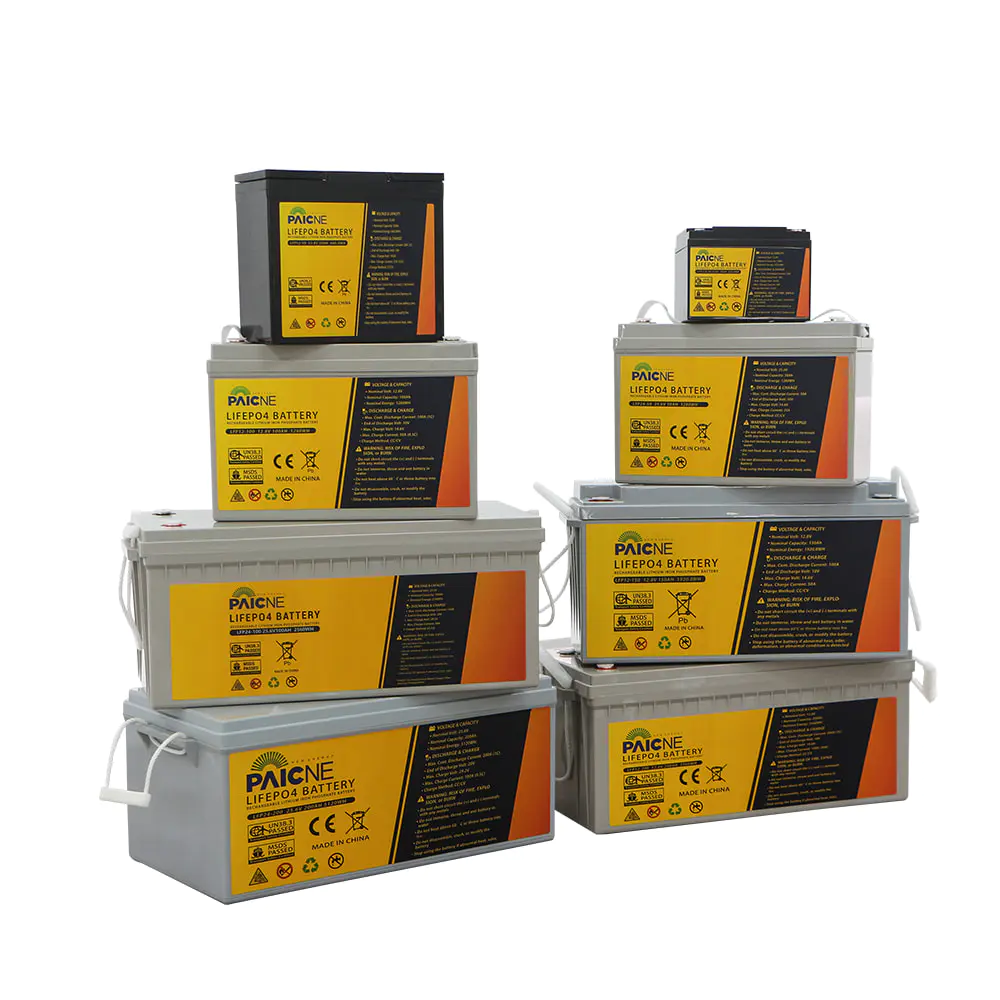Lithium iron phosphate (LiFePO4) batteries have emerged as a leading choice for various applications due to their high safety, long cycle life, and environmental friendliness. The lithium iron phosphate battery raw materials are critical to their performance and longevity. The primary raw materials include lithium, iron, and phosphate, which are combined through a chemical process to form the cathode material of the battery.
The lithium in lithium iron phosphate batteries is typically sourced from lithium carbonate or lithium hydroxide, which are refined from brine or spodumene ore. Iron, on the other hand, is a common element and can be obtained from various ores, ensuring a stable supply. Phosphate is derived from phosphate rock, which is abundant in certain regions of the world, making it a reliable component for battery production.
The synthesis of lithium iron phosphate battery raw materials involves precise control of the chemical reactions to ensure the formation of a uniform and stable cathode material. This process is crucial as it directly affects the battery's energy density, charge-discharge rates, and thermal stability. The quality of the raw materials and the manufacturing process are paramount in determining the overall performance and reliability of the final product. As the demand for lithium iron phosphate batteries continues to grow, so does the importance of securing high-quality raw materials and optimizing the production process to meet the market's needs.


